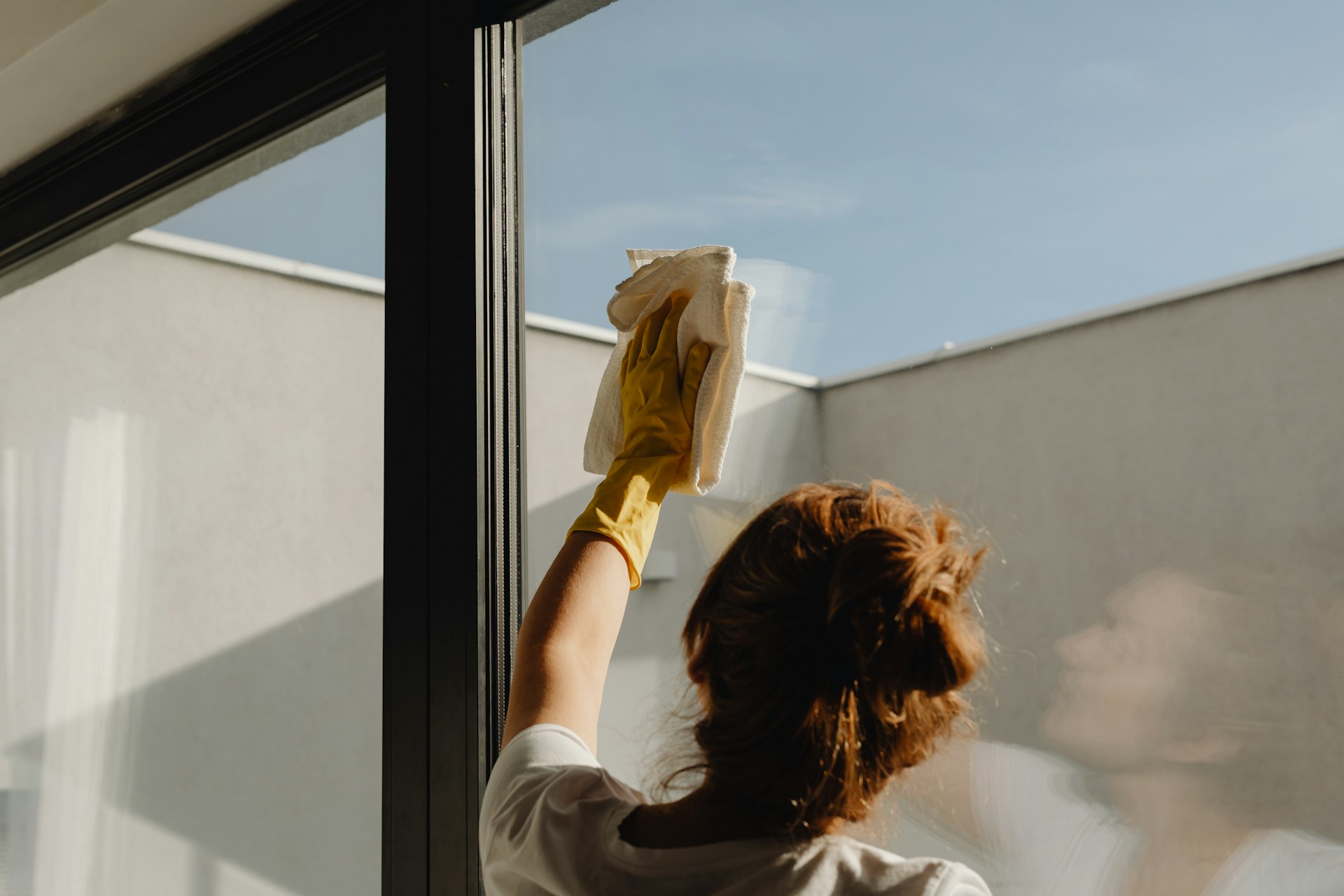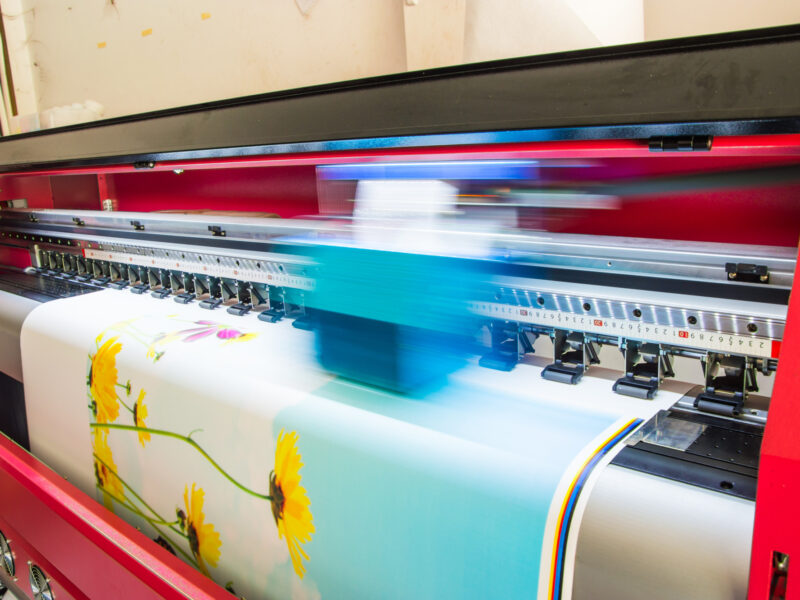Cleaning is an art, and like any artist, a professional cleaner needs the right tools to create their masterpiece. While elbow grease and a good mop are essential, the real magic happens with the right cleaning chemicals. Let’s delve into the top 10 cleaning chemicals that can transform any space from grimy to gleaming.
Contents
1. Bleach
Ah, bleach – the unsung hero of the cleaning world. This powerful chemical is a staple in any professional cleaner’s arsenal. Not only does it disinfect surfaces by killing bacteria and viruses, but it also whitens and removes stains like a pro. Remember to dilute it properly and use it in well-ventilated areas to avoid that overpowering smell. Ideal for bathrooms, kitchens, and anywhere that needs a thorough sanitising.
2. Ammonia
If you’ve ever battled stubborn grease or grime, you know how formidable ammonia can be. This chemical is particularly effective for cleaning glass and stainless steel, leaving surfaces streak-free and sparkling. Use ammonia in a mixture with water for best results. But a word of caution: never mix ammonia with bleach, as this combination can produce toxic fumes.
3. Hydrogen Peroxide
Hydrogen peroxide might remind you of first aid kits and cleaning wounds, but it’s a versatile cleaning agent too. It’s a fantastic disinfectant, safe for most surfaces, and even works wonders on stubborn stains and mildew. Plus, it’s eco-friendly and breaks down into water and oxygen, leaving no harmful residues behind.
4. Vinegar
Who would have thought that the humble vinegar could be such a powerhouse? This acidic wonder is excellent for breaking down mineral deposits, cutting through grease, and eliminating odours. Use white vinegar for cleaning purposes. Mix it with water to create a potent yet safe cleaner that can be used on windows, countertops, and even floors.
5. Sodium Bicarbonate (Baking Soda)
Sodium bicarbonate, or baking soda, is like a Swiss Army knife in the cleaning world. It’s gentle yet abrasive enough to tackle tough grime. Use it to scrub surfaces, neutralise odours, and even unclog drains when combined with vinegar. It’s safe, non-toxic, and works like a charm.
6. Citric Acid
Extracted from citrus fruits, citric acid is a natural, effective cleaning agent. It’s perfect for descaling kettles, removing soap scum, and even tackling rust stains. Its fresh scent is an added bonus, leaving any cleaned area smelling lemony fresh.
7. Isopropyl Alcohol
Isopropyl alcohol, or rubbing alcohol, is a quick-drying disinfectant that’s fantastic for cleaning electronics, mirrors, and chrome fixtures. It evaporates rapidly, leaving no residue behind, making it perfect for surfaces that shouldn’t stay wet for long.
8. Phosphoric Acid
Phosphoric acid might sound intimidating, but it’s an excellent cleaner for heavy-duty tasks. It’s commonly used to remove hard water stains, rust, and mineral deposits. When used correctly, it can restore surfaces to their original shine.
9. Lemon Juice
Lemon juice, much like citric acid, is a natural cleaner that’s both effective and fragrant. It’s excellent for cutting through grease, sanitising surfaces, and even polishing copper and brass. Plus, it leaves behind a fresh, pleasant scent that no artificial cleaner can match.
10. Borax
Last but not least, borax is a multi-purpose cleaner that can be used for everything from laundry to pest control. It’s a powerful stain remover, deodoriser, and even an insect repellent. Mixed with water, it can be used to clean and disinfect a variety of surfaces.
Tips for Using Cleaning Chemicals Safely
While these chemicals are incredibly effective, it’s essential to use them safely. Here are a few tips to keep in mind:
- Read Labels: Always read the labels and instructions on cleaning products to ensure proper use.
- Ventilation: Ensure proper ventilation when using strong chemicals to avoid inhaling fumes.
- Protective Gear: Wear gloves and, if necessary, goggles to protect your skin and eyes.
- Proper Storage: Store chemicals in a cool, dry place out of reach of children and pets.
- Never Mix Certain Chemicals: Avoid mixing chemicals like ammonia and bleach, as this can produce toxic gases.
The Science Behind the Shine
Understanding a bit of the science behind these chemicals can help you appreciate their cleaning power. For instance, bleach works by breaking down the molecular structure of stains and killing germs through oxidation. Ammonia, on the other hand, cuts through grease by breaking down fats and oils. Hydrogen peroxide releases oxygen when it breaks down, which helps lift stains and disinfect surfaces.
Natural Alternatives
While chemicals are effective, sometimes natural alternatives can be just as powerful and more environmentally friendly. Vinegar, baking soda, and lemon juice are excellent examples of natural cleaning agents that can handle many of the same tasks as their chemical counterparts. They’re safer for the environment and often less harsh on surfaces and skin.
Conclusion
So, whether you’re a seasoned pro or just someone looking to up your cleaning game, these chemicals are your allies in the quest for cleanliness.



